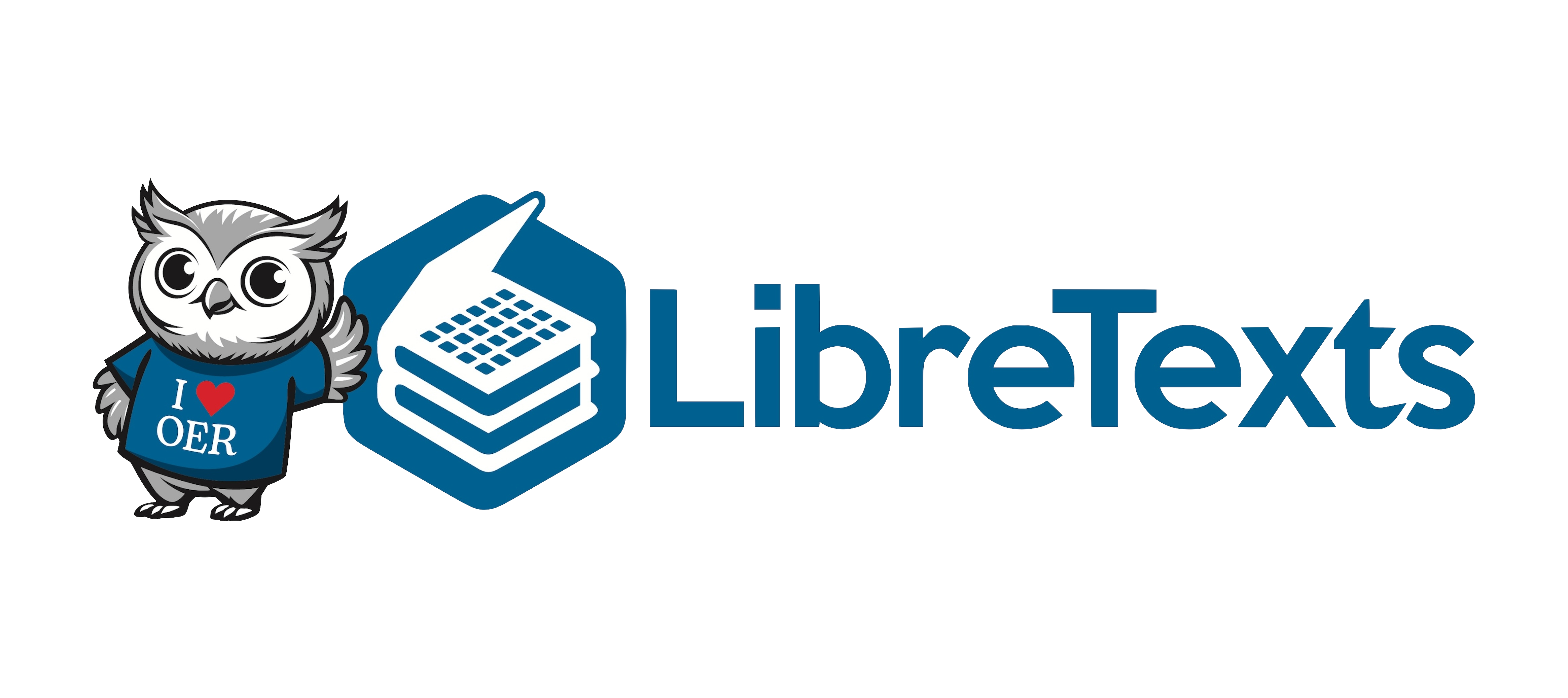
The LibreTexts team is excited to announce our NSF proposal, Collaborative Research: Transforming STEM Education Nationwide Through Scalable Open Educational Infrastructure, Social Annotation, and Collaborative Content Improvement, has officially been funded!
This project aims to serve the national interest by expanding access to high-quality, adaptable STEM learning materials through the development and large-scale deployment of Open Educational Resources (OER) and integrated social annotation technologies. This Level 2 Institutional and Community Transformation project addresses the ongoing challenge of limited access to affordable and pedagogically effective instructional materials, particularly in large educational systems. At the core of the project is the enhancement and deployment of Nota Bene (NB), a web-based annotation platform that enables students and instructors to engage in contextual conversations directly alongside the textbook content – the digital version of marking up physical textbooks. By analyzing these in-line comments, instructors can identify confusing, outdated, or incomplete material, and students can contribute insights or suggest improvements that reflect their learning needs. This project will integrate Nota Bene into the LibreTexts platform, one of the most widely used OER repositories, with the aim of transforming passive reading into an interactive and collaborative learning experience.
The project’s goals are to establish social annotation as a core practice in STEM education, to create a scalable infrastructure for collaborative OER development, and to generate actionable knowledge on how learner-instructor interactions through annotation drive content improvement and learning outcomes. Specifically, the project will (1) redesign and expand the NB platform to enhance usability and accessibility for diverse STEM courses and institutions nationwide, (2) develop and implement workflows for peer review and open pedagogy that embed continuous feedback loops into OER lifecycle management, and (3) build and operationalize CalOPEN, a statewide hub supporting OER creation, adoption, and innovation within California’s higher education systems, serving as a replicable national model. The project employs design-based research to iteratively improve the NB platform and its pedagogical integration, coupled with large-scale learning analytics to examine patterns in annotation use, feedback quality, and their correlation with student learning gains. Assessment and evaluation will be multi-faceted, involving external evaluators who will conduct surveys, interviews, system usage analysis, and performance assessments to measure impact on student engagement, instructor practices, and content quality. The NSF IUSE: EDU Program supports research and development projects to improve the effectiveness of STEM education for all students. Through the Institutional and Community Transformation track, the program supports efforts to transform and improve STEM education across institutions of higher education and disciplinary communities.